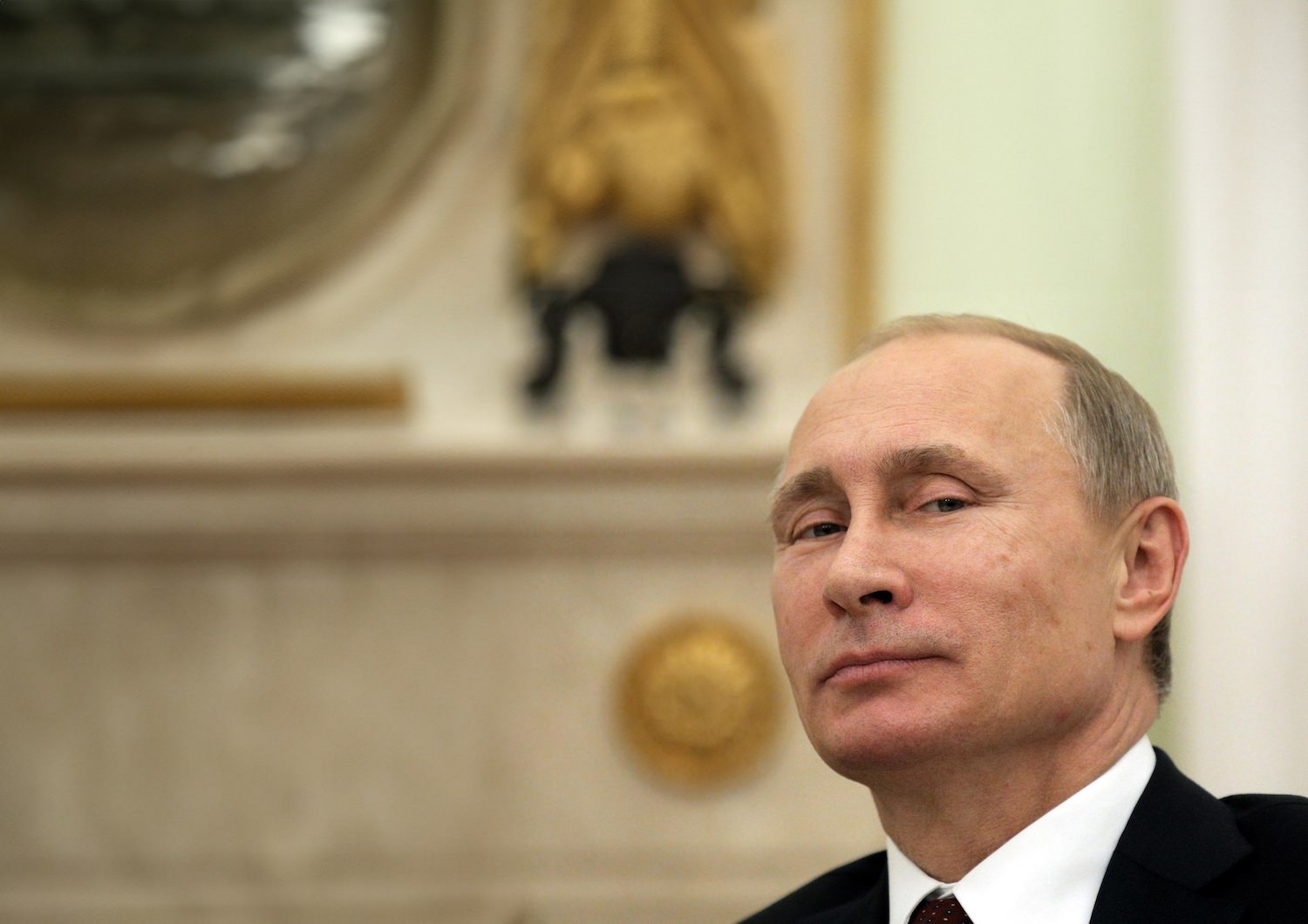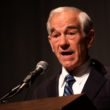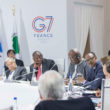Official Washington has lost the plot, and I’ve never been more frightened for the future of America. No, I’m not talking about the fear of losing our democracy to authoritarian theocrats, though that remains a constant existential threat. I’m concerned that the pro-democracy “good guys” have settled into a debilitating groupthink.
To use the Rumsfeldian quadrant of knowns and unknowns, the Biden administration appears focused on the “known knowns,” and occasionally dabbles in the “known unknowns.” But the “unknown unknowns” are too arcane and far afield to be considered. National Security Adviser Jake Sullivan is the avatar for the calm reasonableness that has settled like a fog over this administration. The product of a working-class midwestern family and a Rhodes Scholar, he has been loaded up with the orthodoxy of the 20th century, and is subtly setting the boundaries of both discourse and strategy. If failure of imagination could be made material, it would, respectfully, look a lot like Sullivan and his administration peers.
One does not need to listen to Sullivan very long to develop doubts about his judgment. A few days ago he told podcaster David Rothkopf, commenting on Putin and his campaign in Ukraine, “But I think it also may be the case that he would love to see the war end sooner. That’s because I believe that Russia is putting on a braver face about how well they are weathering all of this than the reality suggests.”
This belies a dangerous projection of Western worldviews onto a foreign adversary. What seems rational to Jake Sullivan is very likely to be at odds with what Putin believes. The comment also minimizes Putin’s ambition to a folly of regional revanchism, rather than a durable, planet-wide imposition of a new Weltanschuung.
Sullivan famously also said in late September, “The middle east region is quieter today than it has been in two decades.” It’s arguably unfair to ding someone for a statement that later turns out to be disastrously wrong, perhaps especially in this instance, but it speaks to a lack of imagination and refusal to consider things that should be on the radar, but aren’t. And that’s not limited to Sullivan, but also his peers in Israel and other countries. One has the impression these folks live in a bubble bounded by the limits of discourse in polite company.
Certainly the administration has access to more information than I do, so perhaps my comments are impertinent; I’m humble enough to (and if it’s deserving I should) acknowledge that. But for the last few years, I’ve been working on a book project tracing Russian influence in the United States over the last century. Just in the last year, I’ve made 625 Freedom of Information Act requests from the FBI. That process, combined with reading many books and papers, has given me a good sense of the longer term arc of Putin’s ambitions and how they connect to the USSR’s 20th century efforts at undermining the West. There is a bigger picture here, rooted in the idea of the Noosphere, that is entirely missing from official US discourse. That must change if we are to meet this moment.
It’s also apparent from my FOIA requests that we largely stopped tracking Russian influence in the US between roughly 1970 and 2016. I suspect this was a result of the excesses of McCarthyism and the later revulsion with the intelligence community that culminated with the Church Committee reforms of the 1970’s. While a rebalancing was needed to curb clear abuses, it’s also the case that criminalization of influence in the 1950’s ultimately led to our failure to track such influence. That was a strategic error.
For an alarming dose of reality, watch the documentary The Final Year (2017), which follows Obama administration Department of State luminaries Ben Rhodes, Samantha Power, John Kerry, and Susan Rice as they engage in various global travels and negotiations during the fateful year of 2015.
Painful to watch, the “unknown unknowns” practically flood the screen. As these officials cavort, take victory laps, and generally goof around, the instinct to shout at the television about the looming threat of Russian influence (which had already impacted the Obama administration) is overwhelming. The calls were coming from inside the house, but the calm, cool, professional-track nice people of team good-guy simply kept on towards their own careerist goals. One can hardly blame any one of them, as none of them individually was guilty of dereliction of duty. But measured in outcomes, it’s hard to see the Obama administration’s defense against foreign influence as anything but a failure. And this is exactly the milieu from which Jake Sullivan arose — a fact which does not inspire confidence.
The current hit film on Netflix, Leave the World Behind (2023), was produced in part by Barack and Michelle Obama. The former president latched onto it after reading the novel, written by former Slate advice columnist Rumaan Alam. The film depicts an apocalypse brought on by a coalition of America’s enemies. It contains the chilling line, “What is the truth? No one is in control. No one is pulling the strings.” That the former president might invest in dramatizing this message for a mass audience is, perhaps, telling.
Perhaps in a world where the most powerful people are limited to a shallow view of history and polite discourse is limited to the provincial boundaries of Western rationalism, failure of imagination is unavoidable, and no one is in control. Such a thought is truly alarming.
But as Russia expert Fiona Hill recently warned, whether we defeat Putinism will literally determine the kind of world we live in. Putin cannot be trusted to negotiate, he will not back down, and his reasoning is not the same as Jake Sullivan’s. We need to understand that he will not cease flogging the West until he is firmly defeated, and we need to provide Ukraine with everything they need not to “succeed,” as Secretary of State Blinken recently intoned, but to “win.” Winning is not a dirty word, and the stakes for the West are nothing less than winning the future.
Dave Troy is an investigative journalist focused on exposing threats to democracy. Based in Baltimore, his background as a technologist with an interest in studying online extremism affords him a unique perspective. His work has appeared at MoMA in New York, and he is a fellow with New America Foundation’s Future Frontlines. Dave writes regularly about information warfare, history, and politics. He is the host of the podcast Dave Troy Presents, and speaks regularly at conferences on disinformation, extremism, and information warfare. Contact information is available at davetroy.com.







0 Comments